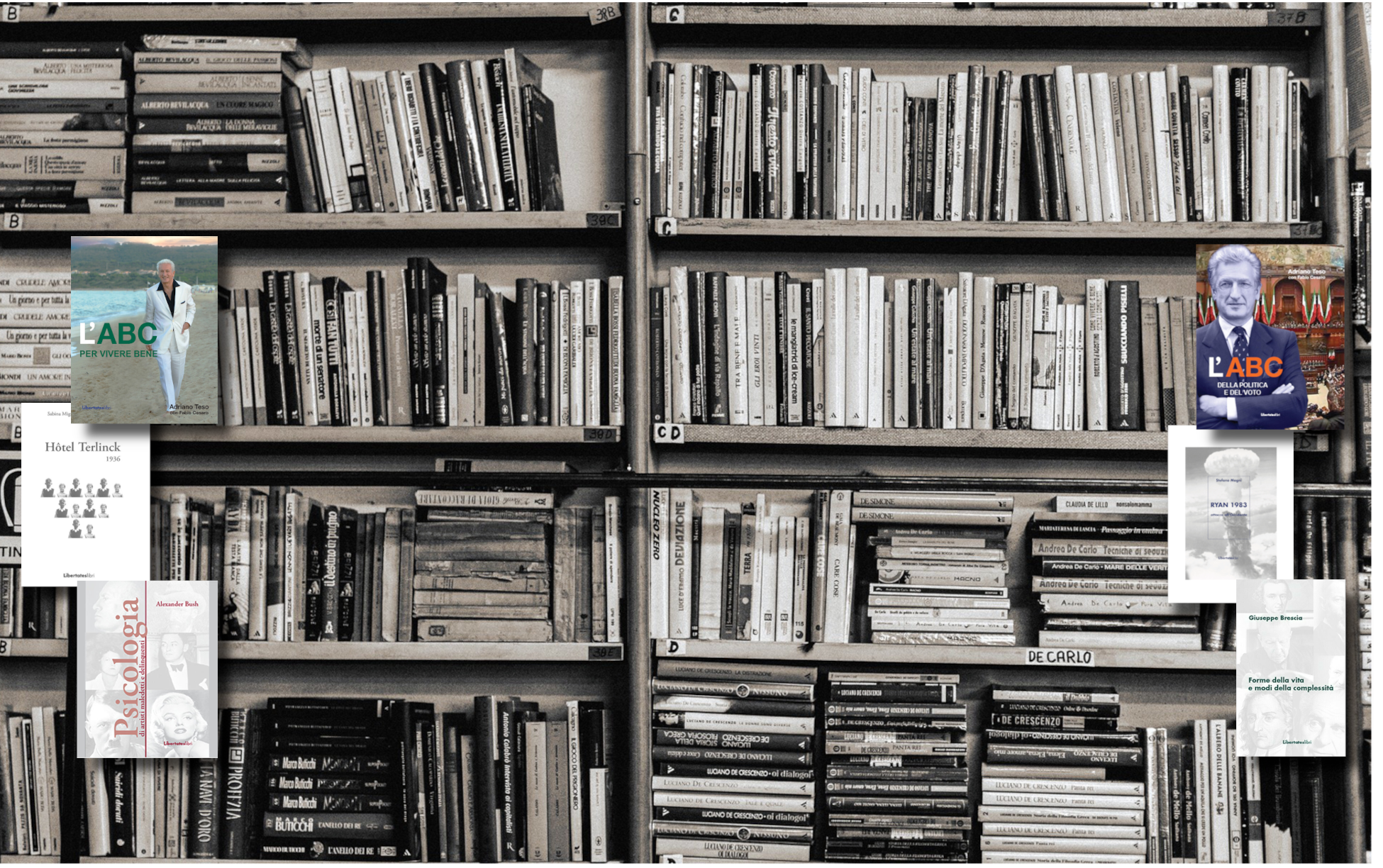
Perché il trio delle grandi dittature mondiali gestisce di fatto la crisi economica venezuelana, a proprio vantaggio economico, militare e politico
Most regional analysts will likely agree that Venezuela has become a Cuban-occupied country. With more than 30,000 Cubans embedded in Venezuela, many of whom are part of the intelligence and security apparatus, it’s clear that the Castro brothers played an integral role in the country’s collapse. However, this narrative of Cuban intervention misses two key points. First, it fails to identify precisely Cuba’s role in Venezuela, and, secondly, it ignores the presence and influence of other key extra-regional actors.
Of these, Russia and China are perhaps the two most visible. As in Syria, and, historically, in Central America, Russia is the primary supplier of military aidand technical support to the Venezuelan armed forces. Venezuela represents 75% of Russia’s total foreign military sales in the region, accounting for more than $11 billion in arms sales. Additionally, the Russian state-owned energy firm, Rosneft, has provided Venezuela with an estimated $17 billion in financing since 2006. Moscow has leveraged its collateral deals to acquire expanded stakes in Venezuela’s oilfields—specifically, the heavy-crude Orinoco belt—providing Russia greater control of Venezuela’s strategic energy assets.
Russia is not alone in translating Venezuelan debt into strategic assets. According to the International Institute of Finance, China holds more than $23 billion in Venezuela’s foreign debt, making it the country’s largest creditor. Through these credits and loans, Beijing is the primary benefactor and principal banker to the South American nation, yielding enormous leverage over the state.
Chinese energy companies are also gaining an increasing share of Venezuela’s most lucrative oil field, the Faja Del Orinoco (FDO). China secured a 25-year land grant to the FDO. In exchange, China has used its checkbook to fund many of the nation’s social programs, such as subsidized housing and free medical clinics.
External support from China, Russia, and Cuba has buoyed the Venezuelan government during the last decade. Cuba’s robust counterintelligence and human intelligence networks, which permeate Venezuela’s highest political and military levels, are indispensable to China and Russia because of their operational knowledge of Russian-supplied equipment, along with their longstanding ties to communist clandestine networks.
In this context, it is hard to imagine a strategy that would remove Havana’s presence from Venezuela without first passing through Moscow or Beijing. Iran, on the other hand, can operate independently in Venezuela because it taps into a separate, more robust clandestine network that has been developing in Latin America for more than half a century.
di Joseph M. Humire



